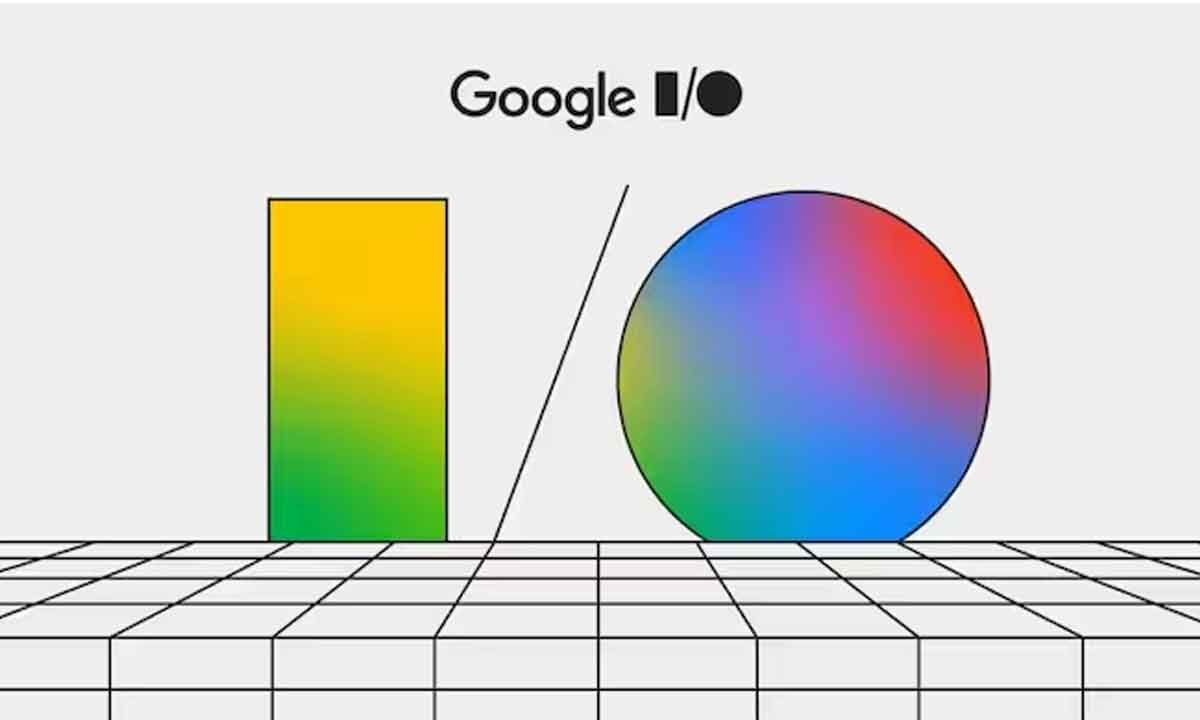picture:
Processes of producing utilizing hydrothermal know-how
Credit score: Hara Ok, Miura I, Suzuki M, Tanaka T, Assessing Future Potentiality of Applied sciences from the Perspective of “Imaginary Future Generations”– a Case Research of Hydrothermal Expertise, Technological Forecasting and Social Change, 202, 123289, 2024
https://doi.org/10.1016/j.techfore.2024.123289
Osaka, Japan – The world approaches an environmental tipping level, and our choices now relating to power, assets, and the surroundings can have profound penalties for the long run. Regardless of this, most sustainable thought tends to be restricted to the point of view of present generations.
In a examine revealed in Technological Forecasting and Social Change, researchers from Osaka College have revealed that adopting the angle of “imaginary future generations” (IFGs) can yield fascinating insights into long-term social and technological tendencies.
The researchers organized a sequence of 4 workshops at Osaka College, with members drawn from the school and scholar physique of the Graduate College of Engineering. The workshops mentioned the state of future society and manufacturing generally, and in addition checked out one know-how specifically: hydrothermally produced porous glass. Throughout the workshops, the members had been requested to consider this know-how from the angle of IFGs, to think about how this know-how is perhaps adopted sooner or later and to evaluate its future potentiality.
“We selected hydrothermally produced porous glass for the case examine due to the generational trade-offs concerned,” says lead writer of the examine Keishiro Hara. “Porous glass is extremely helpful as both a filter for eradicating impurities or an insulator for buildings. Additionally, it may be recycled into new porous glass kind of indefinitely. The issue is that making it takes numerous power – each to pulverize waste glass and to warmth water to very excessive temperatures. There’s a placing trade-off between prices now and positive aspects sooner or later.”
Within the workshops, the members first checked out points involving society and manufacturing from the angle of the current and had been then requested to think about themselves within the footwear of their counterparts in 2040.
“The long run the members imagined was fairly completely different from the long run as seen from the angle of the present era,” explains Toshihiro Tanaka, senior writer. “Most teams described a future wherein sustainability has turn out to be a central concern for society. In the meantime, advances in renewal power imply that power is plentiful, as are assets, as frontiers such because the moon and deep ocean are opened to exploration. On this context, hydrothermally produced porous glass comes into its personal as a sustainable option to recycle glass, and the power wanted to supply it’s available.”
The members had been surveyed between workshops and requested to rank indicators associated to the long run potentiality of the know-how. Curiously, these rankings seemed fairly completely different after the workshops wherein the members had been requested to tackle the angle of “imaginary future generations.”
“We seen that when the “imaginary future generations” technique, which has been confirmed to be efficient in facilitating long-term pondering, was adopted, members perceived the feasibility of this know-how in a different way, and their adoption situations modified accordingly,” says Hara.
The examine means that the straightforward act of placing ourselves within the place of future generations could present new views on problems with sustainability and know-how, serving to us to rethink our priorities and set new instructions for analysis and improvement.
###
The article, “Assessing future potentiality of applied sciences from the angle of ‘imaginary future generations’ – a case examine of hydrothermal know-how,” was revealed in Technological Forecasting and Social Change at DOI: https://doi.org/10.1016/j.techfore.2024.123289
About Osaka College
Osaka College was based in 1931 as one of many seven imperial universities of Japan and is now one in every of Japan’s main complete universities with a broad disciplinary spectrum. This power is coupled with a singular drive for innovation that extends all through the scientific course of, from elementary analysis to the creation of utilized know-how with constructive financial impacts. Its dedication to innovation has been acknowledged in Japan and around the globe, being named Japan’s most modern college in 2015 (Reuters 2015 High 100) and one of the modern establishments on the planet in 2017 (Modern Universities and the Nature Index Innovation 2017). Now, Osaka College is leveraging its position as a Designated Nationwide College Company chosen by the Ministry of Schooling, Tradition, Sports activities, Science and Expertise to contribute to innovation for human welfare, sustainable improvement of society, and social transformation.
Web site: https://resou.osaka-u.ac.jp/en
Journal
Technological Forecasting and Social Change
Technique of Analysis
Case examine
Topic of Analysis
Not relevant
Article Title
Assessing Future Potentiality of Applied sciences from the Perspective of “Imaginary Future Generations” – A Case Research of Hydrothermal Expertise
Article Publication Date
29-Feb-2024
Disclaimer: AAAS and EurekAlert! usually are not liable for the accuracy of reports releases posted to EurekAlert! by contributing establishments or for the usage of any info by way of the EurekAlert system.




